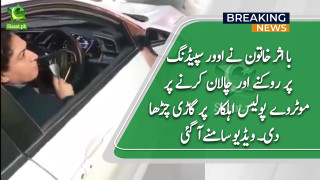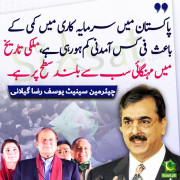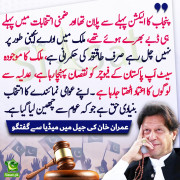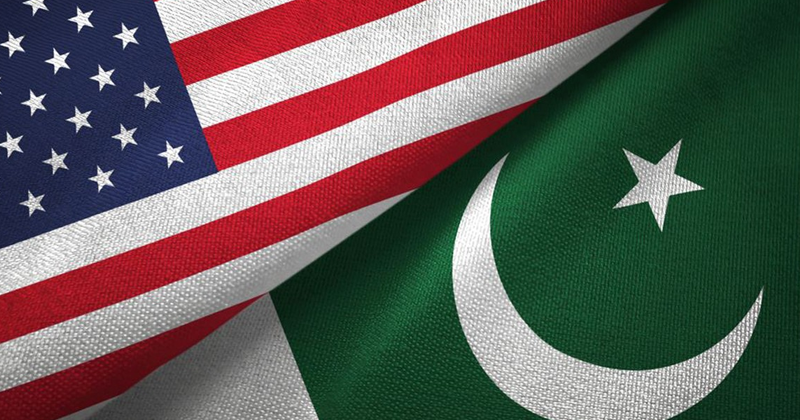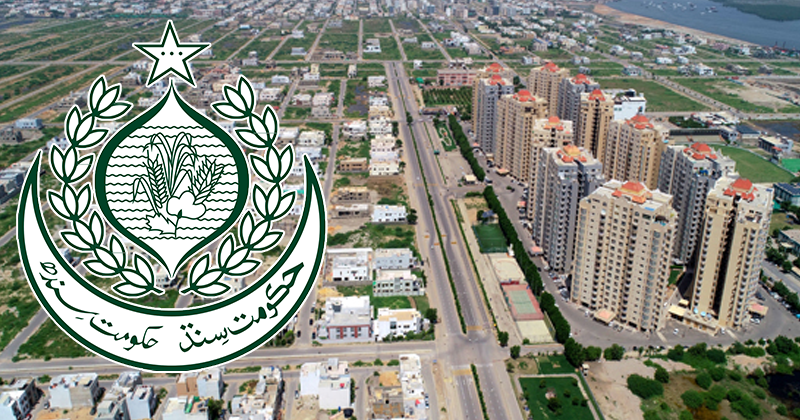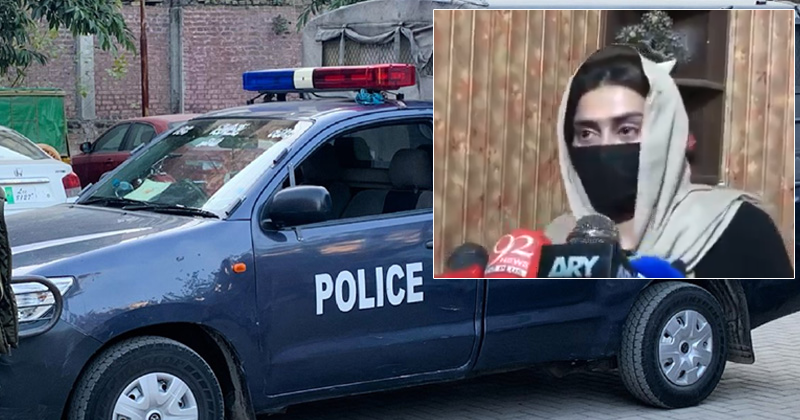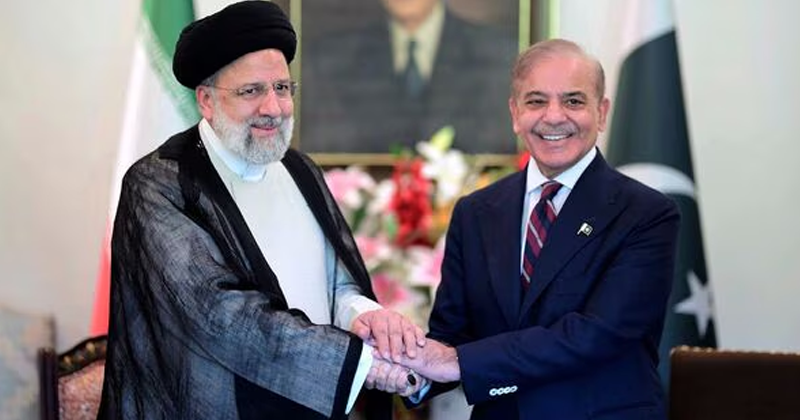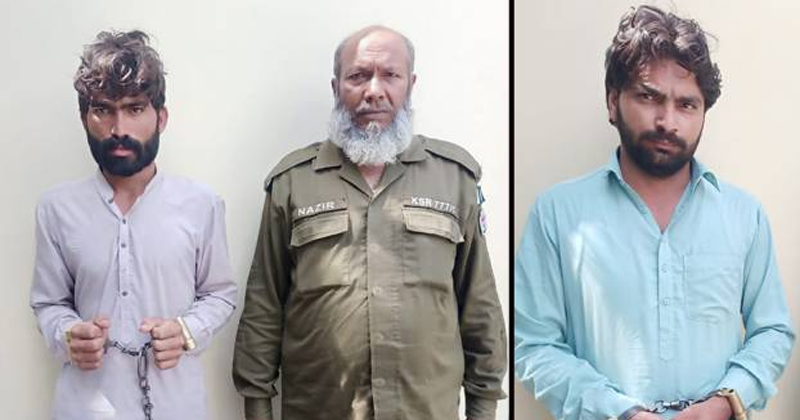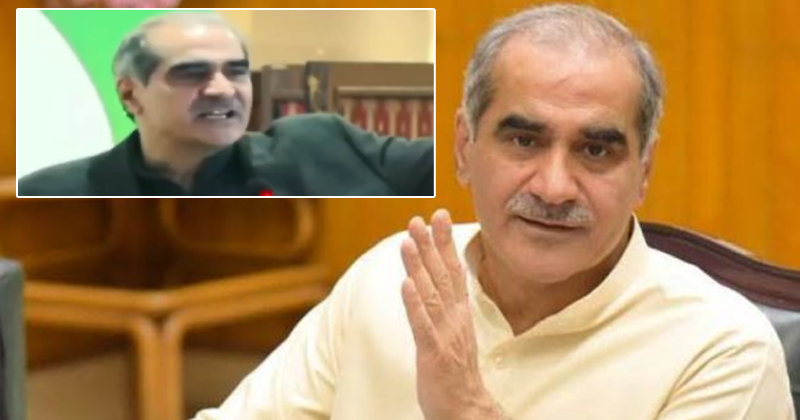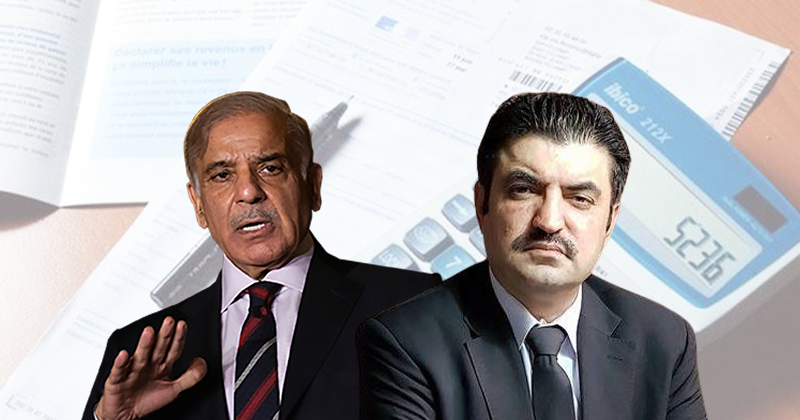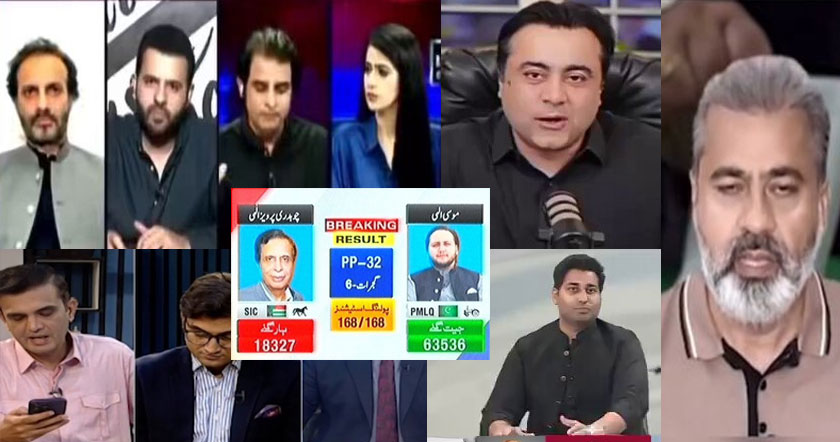Young US Muslims find hope in post-bin Laden world
AP(8 hours ago) Today

DEARBORN: Shortly after Osama bin Ladens death was broadcast to the world, Linda Sarsour posted on Twitter, Osama Bin Laden is dead. Good, now can I get my identity back? 10 yrs is a long time. Can being Palestinian and Muslim be cool again?
In fewer than 140 characters, the 31-year-old progressive activist from New York summed up the views of many young Muslim Americans. They hope the al Qaeda leaders death, and the pro-democracy uprisings sweeping the Arab world, help erase the suspicion and fear many non-Muslims have viewed them with for nearly a decade.
The Sept. 11 terror attacks dramatically increased pressure and scrutiny on them, their friends and family. Criticizing US policies while condemning terrorism, or even walking out the door in a traditional Islamic head scarf, sometimes brought insults or threats.
Sarsour said she noticed a change soon after the attacks, when her Brooklyn neighbors suddenly lost interest in getting to know the Muslims on the block. Bin Laden hijacked our identity and made US Muslims synonymous with a man who was a murderer, she said.
The May 1 killing of Bin Laden in Pakistan left a little bit less room for those who use him to instigate Islamophobia to do so, said Ali Shebley, 31, of the Detroit suburb of Canton. The public has room to breathe now, away from fear-mongering, and start thinking rationally again.
I feel it in the air. I feel like hes gone and, with him, weight has been lifted on both sides, Muslims and non-Muslims, Shebley said after attending Friday prayers at Dearborns Islamic Center of America.
Umar Issa, a freshman at Kansas Wesleyan University who grew up in Los Angeles, said by phone he feels he has been discriminated against because of bin Laden _ sometimes even by friends who made hurtful jokes. The terror leader basically corrupted my whole religion, he said.
His death brings an opportunity for understanding between Americans and Muslims, said Issa, 18. Im happy about that. The discrimination Ive faced, my friends have faced _ its time for that to come to an end.
Issa said the popular uprisings that overthrew autocrats in Egypt and Tunisia and continue to rage in countries including Libya and Syria help change Americans perceptions of Muslims by showing that they too seek democracy and economic opportunity. He said people in those countries are rejecting leaders they believe dont represent them, much as Muslims are making it clear that they reject bin Laden.
Its really kind of inspiring, he said. Theyre fighting for their rights.
There was no al-Qaida ideology-type message in all these revolutions, Shebley said. Although these societies are 80, 90 percent Muslim, it was secular messages and it was Islam the way it was supposed to be represented.
Saeed Khan, a lecturer on Near East and Islamic studies at Wayne State University in Detroit, said the Middle East uprisings show how bin Laden had been rendered irrelevant.
Muslims have moved beyond him (and his) domination of the Muslim narrative around the world, he said. The counter-narrative has been led by millions of moderate Muslims in a peaceful struggle for regime change.
Omer Chaudhri, 32, who works in New Yorks financial district, said bin Ladens death wont immediately change perceptions developed over a decade but he hopes other Americans will eventually come to see Muslims as they would any other neighbors, co-workers or classmates. He didnt believe it could start while bin Laden was free.
Not all see bin Ladens death as an end, but rather the beginning of a long, difficult effort to restore Islams image.
He has left a legacy of chaos and were the ones left to clean it up, said Zeinab Chami, 26, who live in Dearborn, home to one of the nations largest mosques and a Middle Eastern community that dates back more than a century.
Osama bin Laden in the end is one person. There have been many Osama bin Ladens spawned, post 9/11, she said at the Islamic center in Dearborn. Im glad hes gone but we cant lose sight of the fact that hes made people suspicious of Islam.
Shahriar Ahmed, president of Bilal Mosque in Portland, Oregon, said that although he and other Muslims felt a backlash from the Sept. 11 attacks for a couple years, it lessened as the mosque made a strong effort to reach out to other faiths. It invited non-Muslims to prayers and Sunday school, and made visits to schools to explain the similarities between their faith and others.
No nation is that perfect that you do not expect that backlash but the question is how you responded to it, said Ahmed, who is also an engineer at Intel. If you choose to simply complain and not engage, the backlash will continue and we shouldnt complain.
Issa, the Kansas Wesleyan student, agreed that Muslim Americans must reach out to non-Muslims, even if that means risking rejection.
http://www.dawn.com/2011/05/11/young-us-muslims-find-hope-in-post-bin-laden-world.html
AP(8 hours ago) Today

The Sept. 11 terror attacks dramatically increased pressure and scrutiny on American Muslims, their friends and family. File Photo
DEARBORN: Shortly after Osama bin Ladens death was broadcast to the world, Linda Sarsour posted on Twitter, Osama Bin Laden is dead. Good, now can I get my identity back? 10 yrs is a long time. Can being Palestinian and Muslim be cool again?
In fewer than 140 characters, the 31-year-old progressive activist from New York summed up the views of many young Muslim Americans. They hope the al Qaeda leaders death, and the pro-democracy uprisings sweeping the Arab world, help erase the suspicion and fear many non-Muslims have viewed them with for nearly a decade.
The Sept. 11 terror attacks dramatically increased pressure and scrutiny on them, their friends and family. Criticizing US policies while condemning terrorism, or even walking out the door in a traditional Islamic head scarf, sometimes brought insults or threats.
Sarsour said she noticed a change soon after the attacks, when her Brooklyn neighbors suddenly lost interest in getting to know the Muslims on the block. Bin Laden hijacked our identity and made US Muslims synonymous with a man who was a murderer, she said.
The May 1 killing of Bin Laden in Pakistan left a little bit less room for those who use him to instigate Islamophobia to do so, said Ali Shebley, 31, of the Detroit suburb of Canton. The public has room to breathe now, away from fear-mongering, and start thinking rationally again.
I feel it in the air. I feel like hes gone and, with him, weight has been lifted on both sides, Muslims and non-Muslims, Shebley said after attending Friday prayers at Dearborns Islamic Center of America.
Umar Issa, a freshman at Kansas Wesleyan University who grew up in Los Angeles, said by phone he feels he has been discriminated against because of bin Laden _ sometimes even by friends who made hurtful jokes. The terror leader basically corrupted my whole religion, he said.
His death brings an opportunity for understanding between Americans and Muslims, said Issa, 18. Im happy about that. The discrimination Ive faced, my friends have faced _ its time for that to come to an end.
Issa said the popular uprisings that overthrew autocrats in Egypt and Tunisia and continue to rage in countries including Libya and Syria help change Americans perceptions of Muslims by showing that they too seek democracy and economic opportunity. He said people in those countries are rejecting leaders they believe dont represent them, much as Muslims are making it clear that they reject bin Laden.
Its really kind of inspiring, he said. Theyre fighting for their rights.
There was no al-Qaida ideology-type message in all these revolutions, Shebley said. Although these societies are 80, 90 percent Muslim, it was secular messages and it was Islam the way it was supposed to be represented.
Saeed Khan, a lecturer on Near East and Islamic studies at Wayne State University in Detroit, said the Middle East uprisings show how bin Laden had been rendered irrelevant.
Muslims have moved beyond him (and his) domination of the Muslim narrative around the world, he said. The counter-narrative has been led by millions of moderate Muslims in a peaceful struggle for regime change.
Omer Chaudhri, 32, who works in New Yorks financial district, said bin Ladens death wont immediately change perceptions developed over a decade but he hopes other Americans will eventually come to see Muslims as they would any other neighbors, co-workers or classmates. He didnt believe it could start while bin Laden was free.
Not all see bin Ladens death as an end, but rather the beginning of a long, difficult effort to restore Islams image.
He has left a legacy of chaos and were the ones left to clean it up, said Zeinab Chami, 26, who live in Dearborn, home to one of the nations largest mosques and a Middle Eastern community that dates back more than a century.
Osama bin Laden in the end is one person. There have been many Osama bin Ladens spawned, post 9/11, she said at the Islamic center in Dearborn. Im glad hes gone but we cant lose sight of the fact that hes made people suspicious of Islam.
Shahriar Ahmed, president of Bilal Mosque in Portland, Oregon, said that although he and other Muslims felt a backlash from the Sept. 11 attacks for a couple years, it lessened as the mosque made a strong effort to reach out to other faiths. It invited non-Muslims to prayers and Sunday school, and made visits to schools to explain the similarities between their faith and others.
No nation is that perfect that you do not expect that backlash but the question is how you responded to it, said Ahmed, who is also an engineer at Intel. If you choose to simply complain and not engage, the backlash will continue and we shouldnt complain.
Issa, the Kansas Wesleyan student, agreed that Muslim Americans must reach out to non-Muslims, even if that means risking rejection.
http://www.dawn.com/2011/05/11/young-us-muslims-find-hope-in-post-bin-laden-world.html



